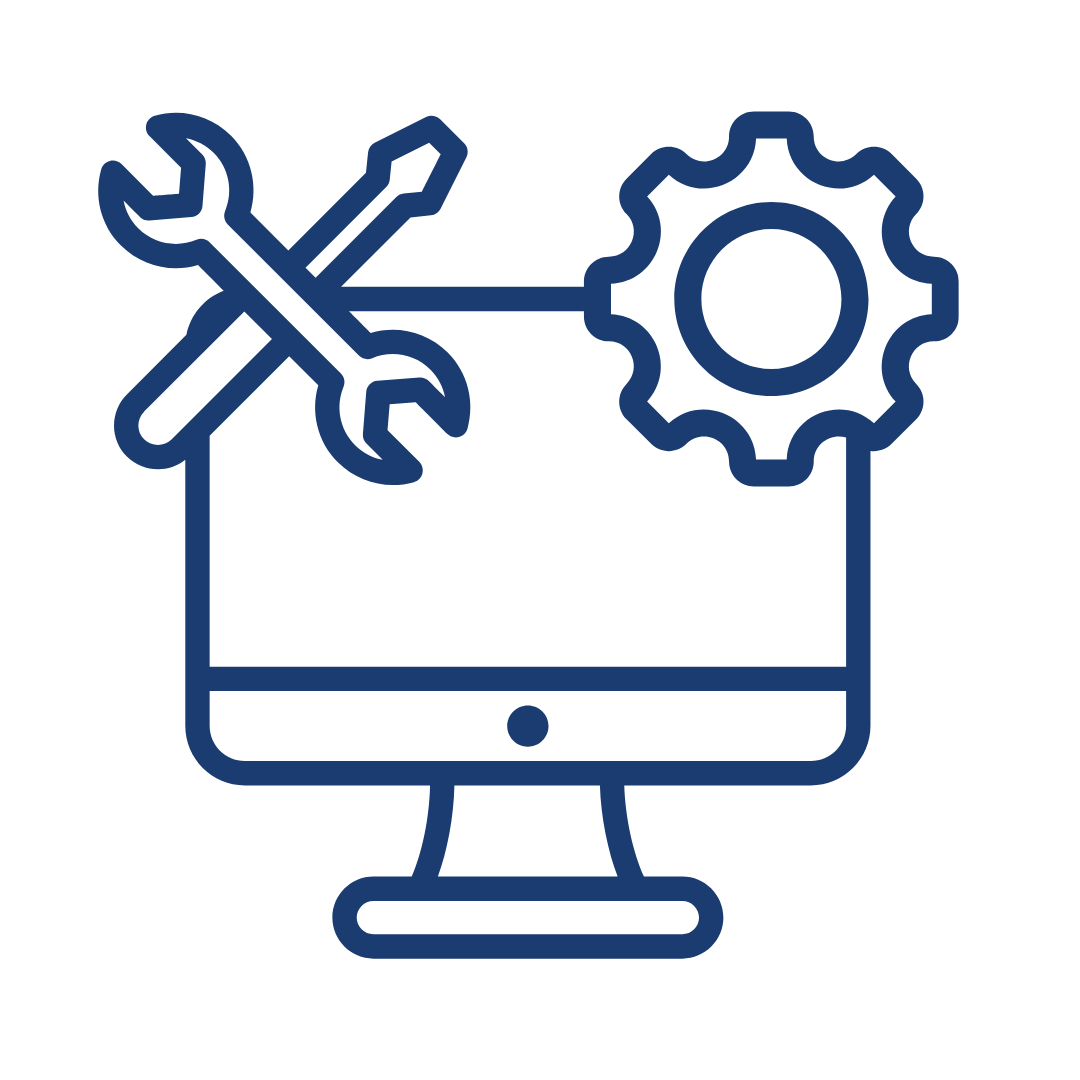
Maintenance Work Scheduling
Effective work scheduling is essential for ensuring that maintenance activities are carried out efficiently, resources are optimised, and downtime is minimised.
At MCP Consulting Group, we provide consultancy services to help organisations streamline and enhance their maintenance scheduling processes, ensuring tasks are prioritised correctly and executed with minimal disruption.
WORK MANAGEMENT SUB-CATEGORIES
What is
Maintenance Work Scheduling
Work scheduling is the process of assigning, sequencing, and coordinating maintenance tasks to ensure that resources are utilised effectively, and maintenance activities align with operational needs. A well-structured scheduling process ensures that maintenance work is organised efficiently, minimising unplanned downtime and maximising asset availability.
At MCP, we help organisations develop structured work scheduling frameworks, leveraging best practices, digital tools, and performance optimisation strategies to drive efficiency and workforce productivity.

Key Objectives of
Maintenance Work Scheduling
Allocate tasks efficiently to ensure technicians spend more time on value-added maintenance activities.
1
Maximising Workforce Productivity
Minimising Equipment Downtime
2
Schedule maintenance tasks strategically to avoid production disruptions and enhance asset reliability.
Optimising Resource Allocation
3
Ensure that labour, tools, and spare parts are available when needed to prevent delays.
Structure scheduling processes to prioritise planned maintenance while effectively addressing urgent breakdowns.
4
Balancing Preventive and Reactive Maintenance
Enhancing Compliance and Risk Management
5
Ensure that maintenance schedules align with safety regulations, asset warranties, and industry best practices.
6
Leveraging Digital Scheduling Solutions
Integrate CMMS, IoT-based condition monitoring, and AI-driven analytics for automated and optimised scheduling.

MCP Approach to
Maintenance Work Scheduling
Workload Assessment and Priority Planning
MCP helps businesses evaluate maintenance workloads, set scheduling priorities, and ensure critical tasks are addressed first.
Developing Optimised Maintenance Schedules
We support organisations in creating structured work schedules, ensuring that maintenance tasks are assigned based on urgency, resource availability, and operational impact.
CMMS-Driven Scheduling Integration
MCP Consulting Group assists in implementing Computerised Maintenance Management Systems (CMMS) to automate scheduling, monitor task completion, and improve efficiency.
Shift and Workforce Coordination
Our consultants help businesses align shift patterns, technician availability, and workload balancing, ensuring that maintenance teams operate at peak efficiency.
Condition-Based Scheduling and Predictive Maintenance
We enable organisations to integrate real-time asset data and predictive analytics into scheduling, ensuring maintenance work is triggered based on actual equipment conditions.
Performance Tracking and Schedule Refinement
MCP establishes KPIs, maintenance dashboards, and feedback loops to continuously assess and refine work schedules for long-term efficiency improvements.

Work Management
Explore More
Speak to One of Our
Experienced Consultants
If you have any questions or would like to learn more about how MCP Consulting Group can support your organisation with Work Scheduling, please get in touch with us.
Our team of consultants is ready to provide tailored solutions to enhance resource allocation, reduce downtime, and improve maintenance efficiency. Contact us today to discuss your specific requirements.

FAQs
-
Work planning defines what needs to be done, while work scheduling determines when, how, and by whom the work will be executed.
-
A CMMS automates work order scheduling, tracks technician availability, and prioritises tasks, ensuring seamless workflow management.
-
By ensuring timely maintenance execution, proper resource allocation, and proactive task prioritisation, work scheduling helps reduce unplanned downtime.
-
Manufacturing, utilities, healthcare, transportation, and energy sectors rely on structured work scheduling to maintain asset reliability and operational efficiency.
-
Regular weekly, monthly, or quarterly reviews help ensure that schedules remain optimised and aligned with operational priorities.















